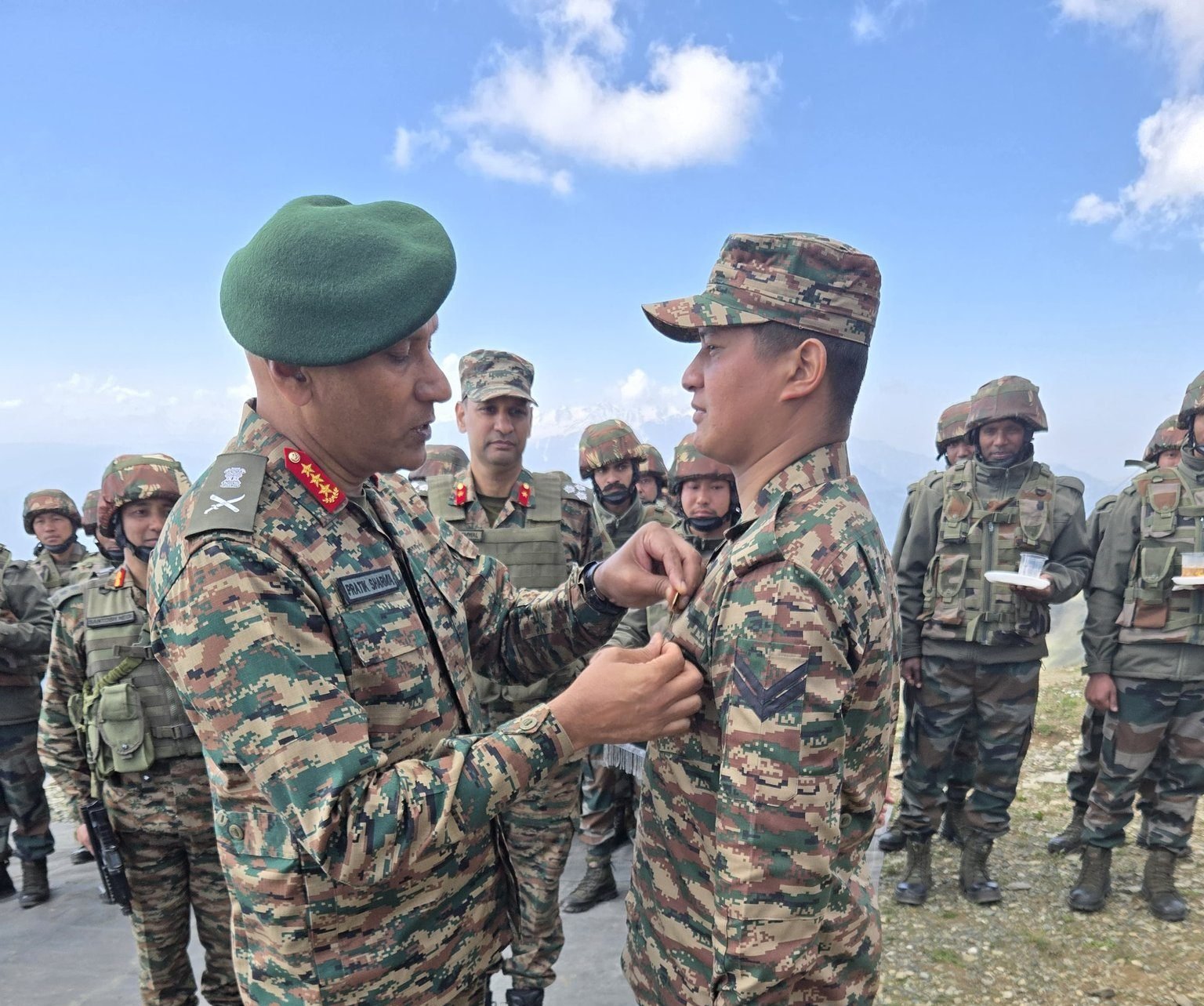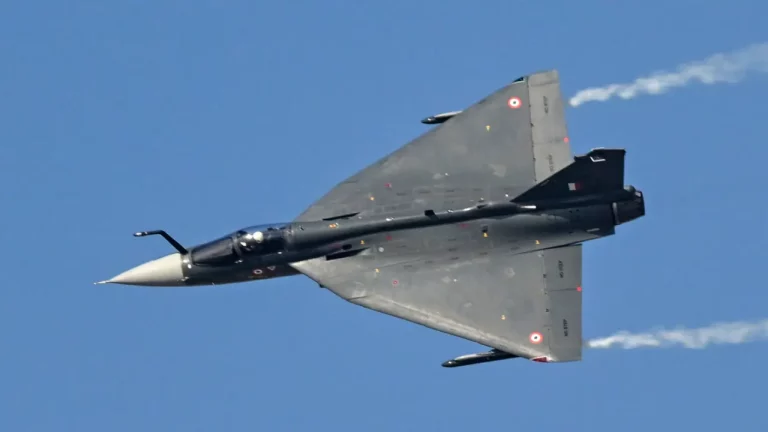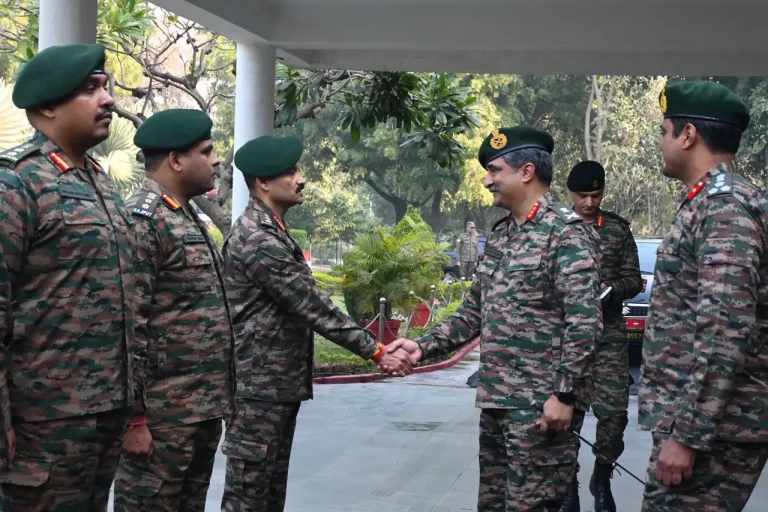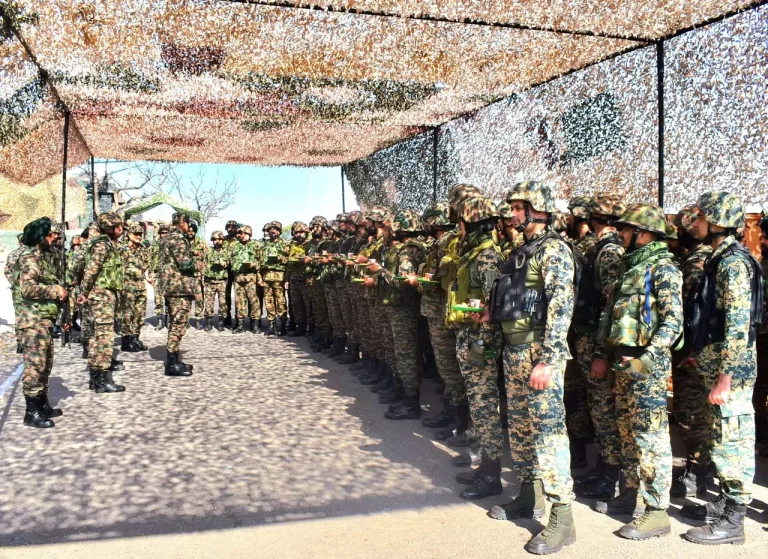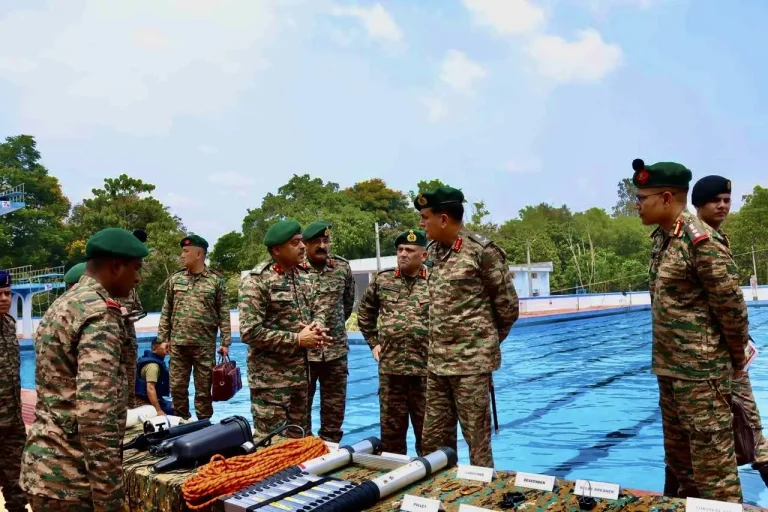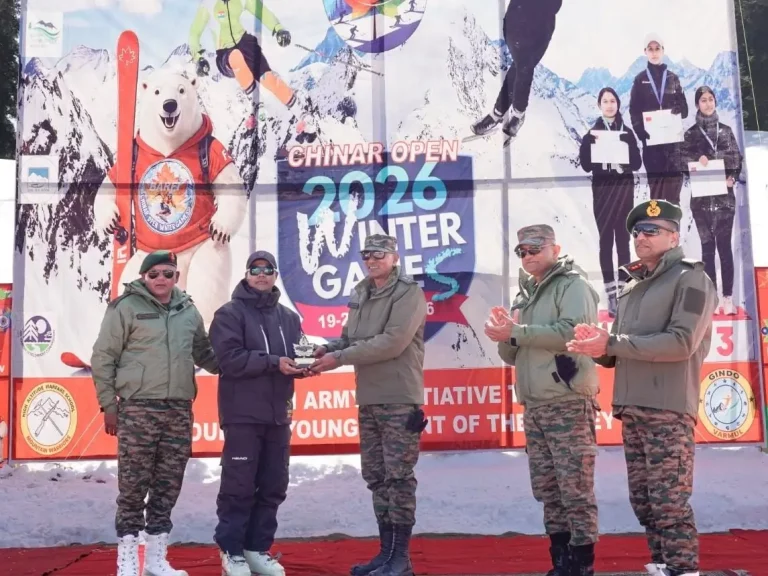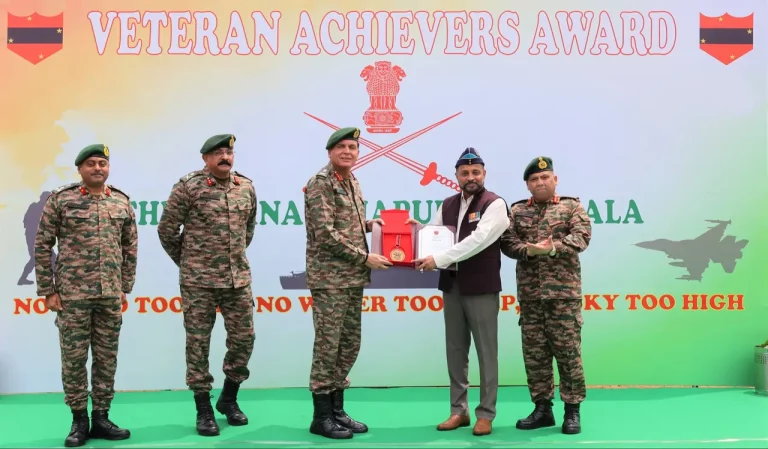Lieutenant General Pratik Sharma, the General Officer Commanding-in-Chief of the Northern Command, recently conducted an in-depth review of the operational preparedness in the forward areas of Jammu and Kashmir, responding to the escalating hostilities along the Line of Control (LoC). This high-level assessment comes after a marked increase in ceasefire violations by Pakistan and follows the tragic Pahalgam terror attack, which resulted in the loss of 26 lives last month.
During his visit, Lt Gen Sharma received briefings on the current deployment of troops, ongoing counter-terrorism operations, and the myriad of challenges faced by armed forces stationed in critical districts such as Kupwara, Baramulla, Poonch, Naushera, and Akhnoor. He stressed the importance of maintaining constant vigilance and adapting tactics in response to the unpredictable nature of cross-border skirmishes. Commending the soldiers for their professionalism and resilience in difficult conditions, he urged all units to remain mission-ready.
In addition to strategic reviews, Lt Gen Sharma interacted directly with personnel in the challenging terrain near the LoC. Images released by the Army highlighted a significant presence of troops demonstrating their commitment to national security under the national flag. The Army Commander also recognized outstanding performances by certain soldiers with commendations, while reviewing vital defensive positions and logistical operations in high-altitude regions.
Having assumed command on May 1, 2025, Lt Gen Sharma brings extensive operational expertise to the role, including previous positions as Deputy Chief of Army Staff, Director General of Military Operations, and Commander of the Kharga Strike Corps. His leadership is considered crucial in adapting to the ever-evolving security dynamics present in the Northern Command, which is based in Udhampur and oversees India’s most volatile borders.
This visit reflects the Indian Army’s broader strategic efforts to combat terrorism in Jammu and Kashmir. The framework for these operations includes historic campaigns such as Operation Rakshak, initiated in 1990, and Operation All Out in 2017, which collectively neutralized over 200 terrorists. With warmer weather leading to the melting of snow in the Himalayan passes, there is an anticipated increase in infiltration attempts, necessitating a renewed focus on surveillance and rapid response capabilities.
The aftermath of the Pahalgam attack has heightened both national and international attention on cross-border terrorism. Prime Minister Narendra Modi reaffirmed that the armed forces possess full autonomy to execute necessary actions. In a display of international solidarity, U.S. Secretary of Defence Pete Hegseth publicly denounced terrorism and reinforced Indo-U.S. strategic ties, showcasing a united front against such threats.
Lt Gen Sharma’s recent visit epitomizes the Indian Army’s unwavering commitment to ensuring security and stability in Jammu and Kashmir, even amid a complex and volatile geopolitical landscape. The Northern Command remains vital in safeguarding India’s territorial integrity while resolutely tackling terrorism with renewed fervor.
